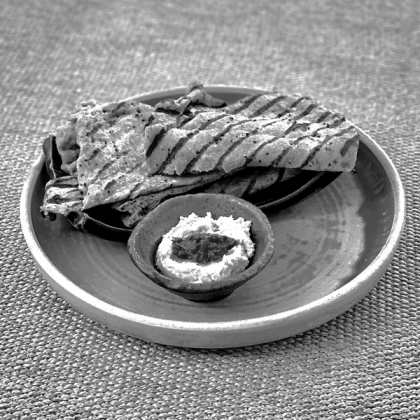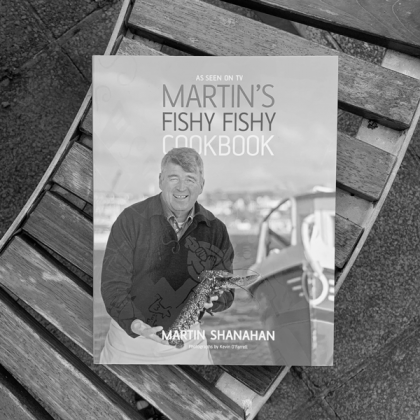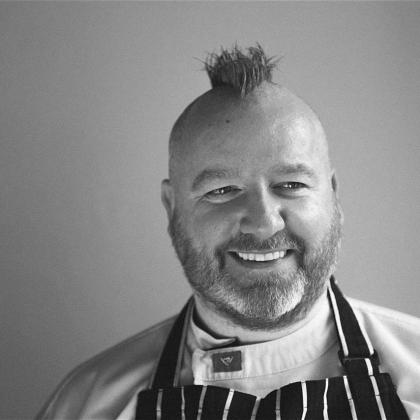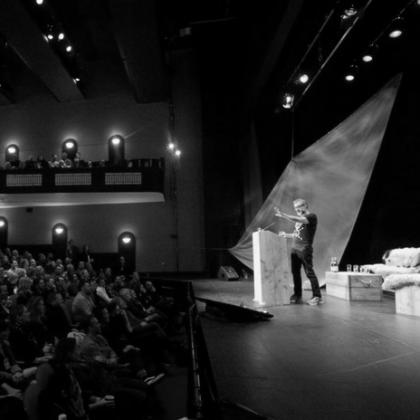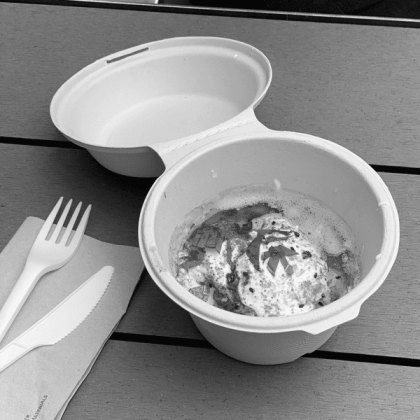Back in 2002, when the film critic Anthony Lane collected his New Yorker reviews in the book “Nobody’s Perfect”, he sent it forth with a stern opening rejoinder: “You are holding a hunk of old journalism. The prospect is not immediately appealing.”
Mr Lane was right to advise caution. Newspapers wind up wrapping fish and chips because journalism goes fetid faster than fish. It is a brave writer who hauls up old columns to show them the light of a new day. Journalism is mostly a response to the Now, and should be left to die quietly. (There is one exception to this rule: my writing for Hot Press magazine from the late 1970’s and 1980’s should be collected between embossed leather covers and handed out to journalism students as a warning to never, ever, ever commit such crimes against sense and syntax.)
And so Fintan O’Toole, of The Irish Times, must be holding his breath today as the newspaper hauls up and prints as a supplement a selection of his columns from 25 years of writing Op-Ed pieces. He began them in late 1988, aged 30, after an invitation from the then editor, Conor Brady, and for 25 years they have appeared on Tuesday morning as regular as clockwork.
(I need to mention here that in my own small way I have written for The Irish Times for almost as long, having written my first piece for the food pages back in 1992. Despite this, I have never met or spoken to Fintan O’Toole. I almost met him once, when we were both staying in Parknasilla and he held a door open for me as I was taking my infant son to the bathroom. But he was on holiday, so I had no intention of disturbing him.)
So, how does the work stack up? The answer is that it is astonishing on two levels.
The first way in which the work is astonishing is in its fearlessness and moral clarity: O’Toole was scuppering the high and mighty way back when, and he continues doing it to this day.
The second astonishment is that there are columns collected in this supplement which I can virtually recall word for word – pride of place, of course, going to the incredible evisceration of the businessman Dermot Desmond, whom O’Toole mocked with relentless forensic accuracy in a column of January 7th, 2000. How anyone could ever thereafter be in Dermot Desmond’s presence without sniggering and then laughing out loud at his face is inexplicable.
Why do the columns work? Because they hold a mirror up to the society that is Ireland. O’Toole writes an opinion column but doesn’t express much in the way of opinion. He simply recounts the ways in which people have behaved, he congregates their vanities and faults, their greed and self-delusion. It might seem strange to say it of a writer who has always cast a jaundiced eye on the cabal of the legal system, but O’Toole is actually a prosecuting counsel who just happens to be a journalist.
But – and there has to be a but – the shortfall of this supplement is simply that it is a supplement, and not a book. This work deserves to be collected, but it also deserves to be preserved. In Fintan O’Toole, Ireland has not only its own Karl Krauss, it also has a modern Dean Swift.
John McKenna



